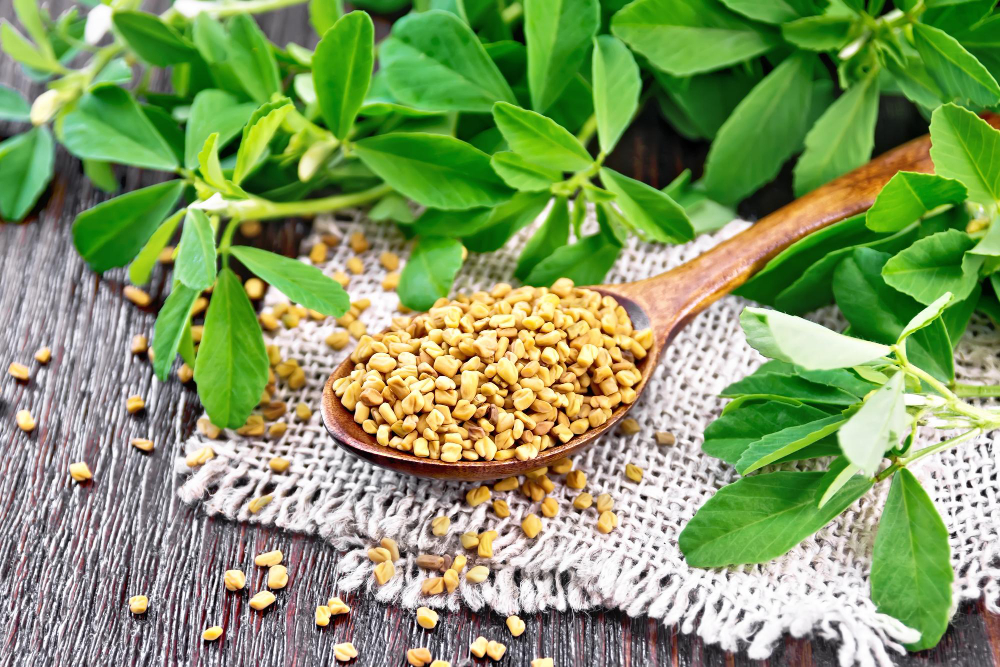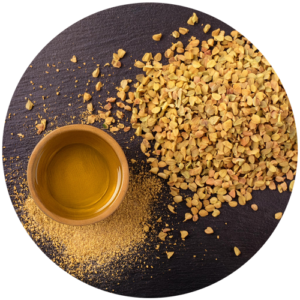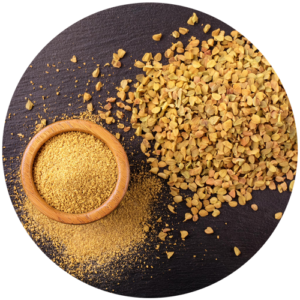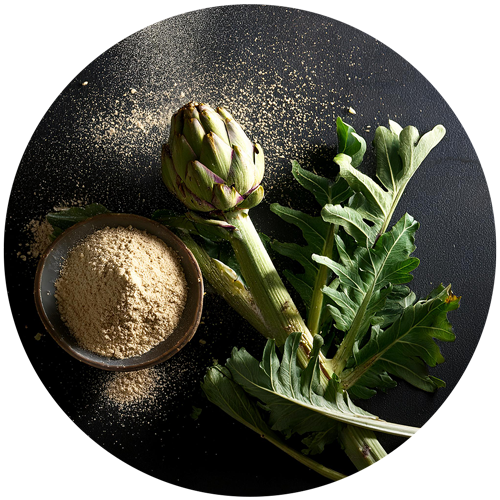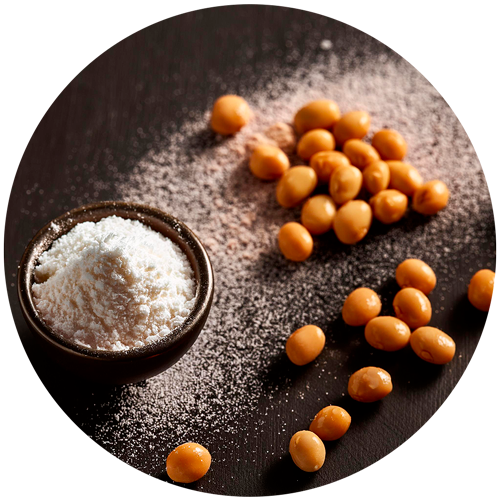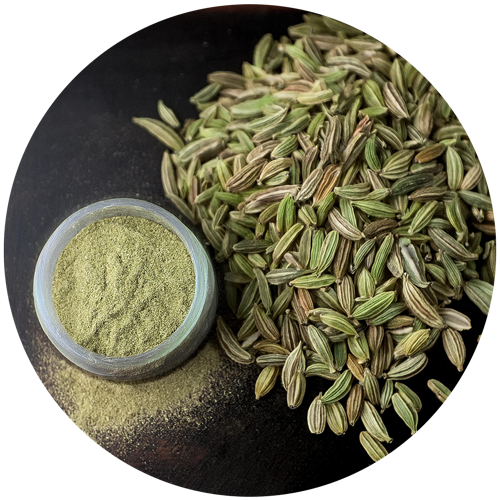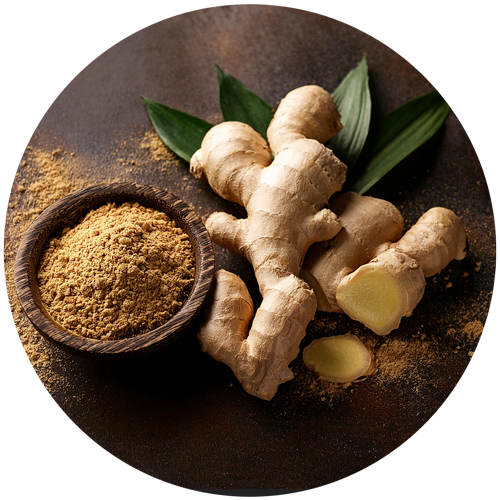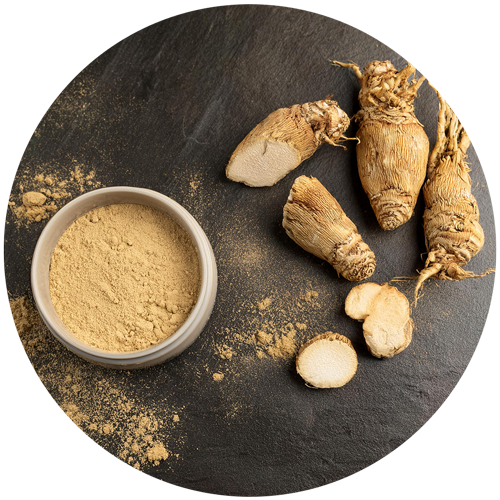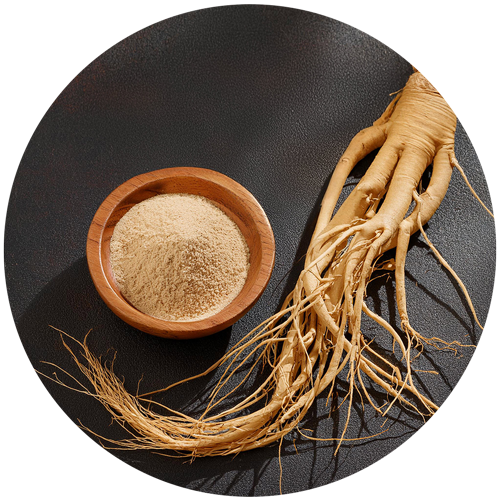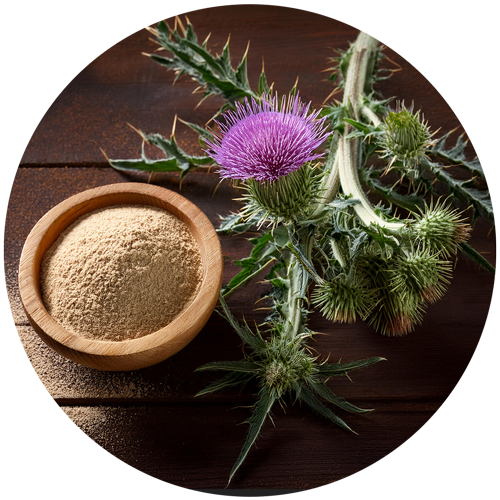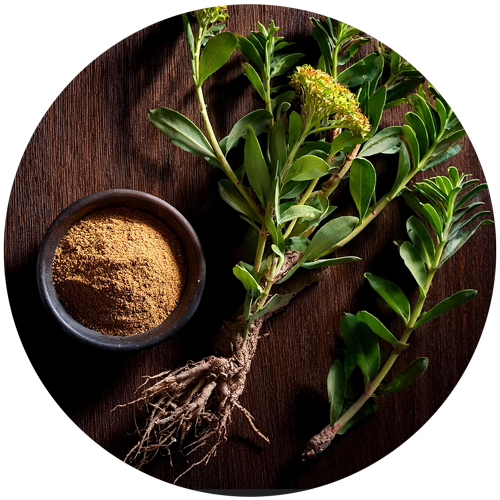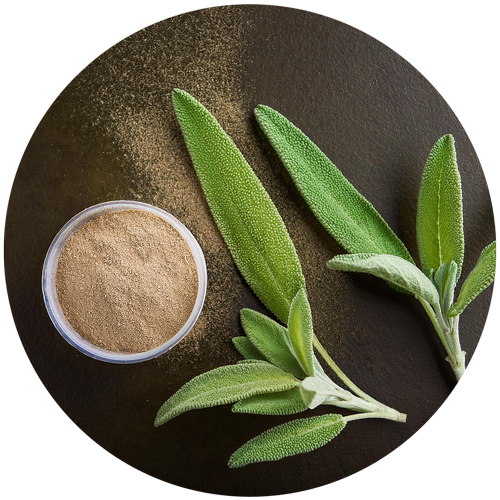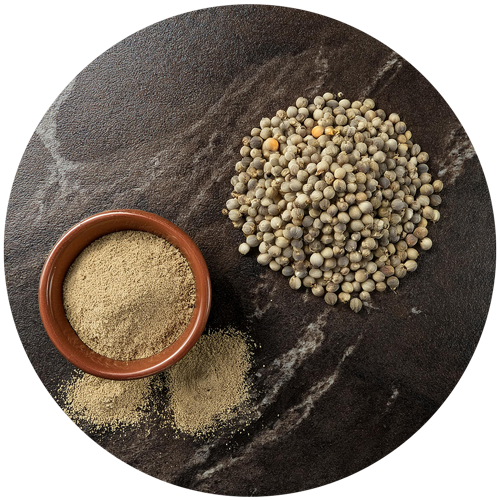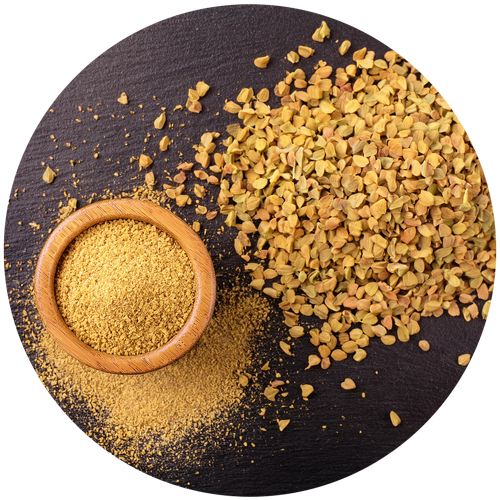

FENUGREEK
Trigonella foenum-graecum L. Toning
Toning  Sexual health
Sexual health  Premenstrual syndrome
Premenstrual syndrome  Blood glucose
Blood glucose  Slimming
Slimming  Galactogen
Galactogen  Digestion
Digestion  Cholesterol
Cholesterol  Appetite
Appetite Fenugreek(Trigonella foenum-graecum L.) has been traditionally used as a condiment and for its many phytochemical properties since ancient times. Its health properties are due to its content of secondary metabolites, mainly alkaloids, saponins, tannins, phenols and many others. Fenugreek, in particular the seeds, has traditionally been used for numerous indications, such as aiding labor, stimulating lactation and its effect on digestion and intestinal transit. In modern research, several animal and clinical studies have demonstrated the health effects of fenugreek supplementation.
Regulations
and analysis
Identification : TLC
Data on traditional use
Cahier de l’agence du médicament (France):
- Used to facilitate weight gain
EMA monograph :
- Used for temporary loss of appetite
WHO monograph :
- Used for loss of appetite and digestion
- Used as a galactagogue and tonic and as an aphrodisiac
Monographie Canada :
-
Used to help stimulate appetite
-
Used to support digestion and relieve indigestion.
-
Used to soothe the upper respiratory tract
-
Used as a galactagogue
-
Used to help control glucose levels
-
Used as a nutritive tonic
-
Used to improve lipid profile
German monograph :
- Used for loss of appetite
Association ideas by health axis
Select one or more axes:
